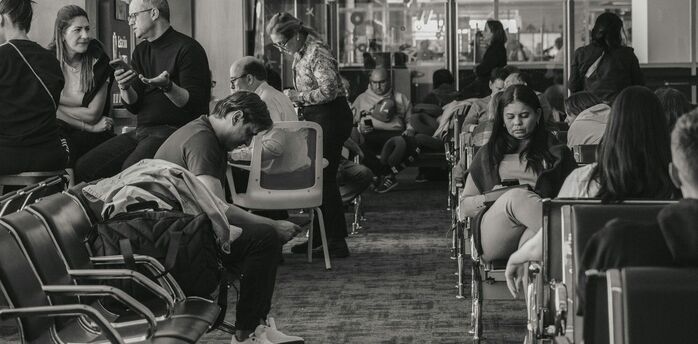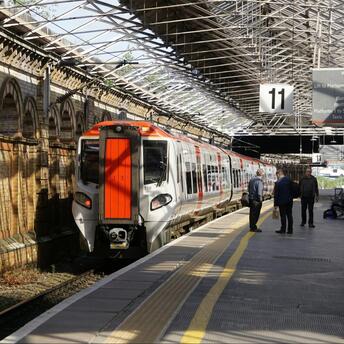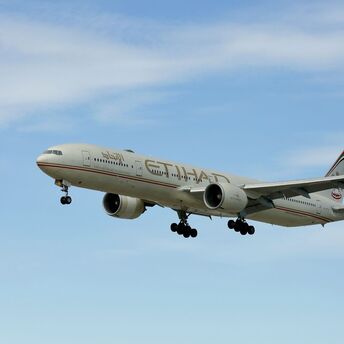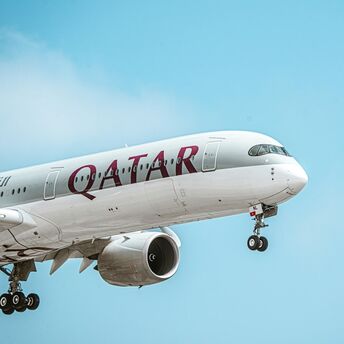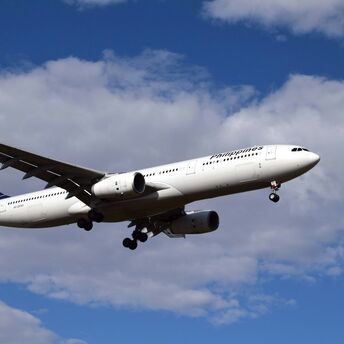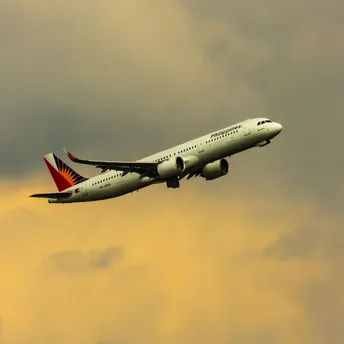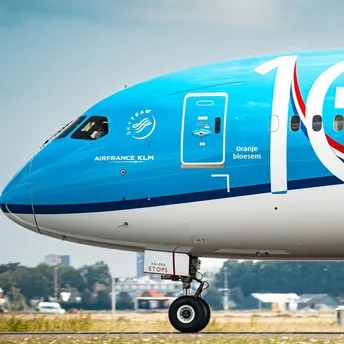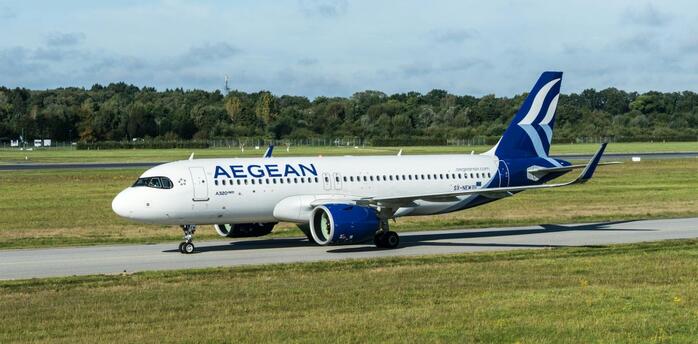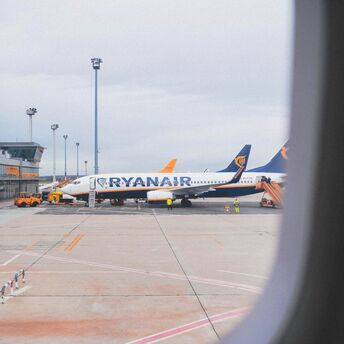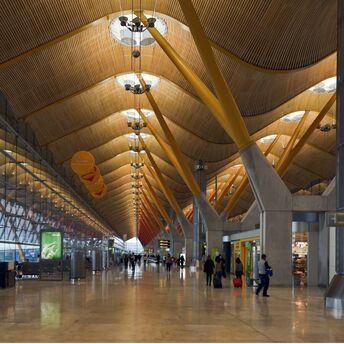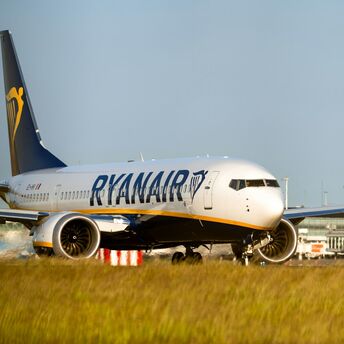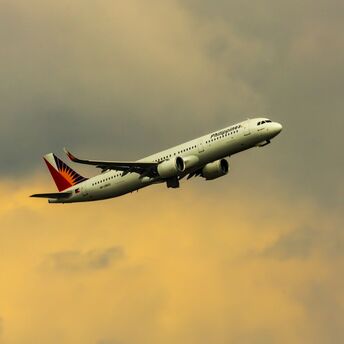United Airlines Flight Attendant Blocks Passengers from Switching to Empty Seats
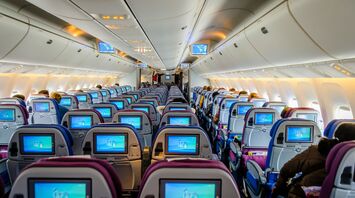
On a recent United Airlines flight from Honolulu to Los Angeles, passengers hoping to take advantage of empty seats were met with unexpected resistance. In the past, passengers could move to any unoccupied seat in their cabin once the doors closed, but this informal policy has seen changes, especially with the introduction of premium seats in coach class.
As the flight had numerous empty seats, several passengers requested permission to switch to more spacious locations. However, the flight attendant responded by quoting a fee of $180 for moving to these extra legroom seats. When the passengers declined to pay, the flight attendant prevented them from using the seats by opening the tray tables of each empty seat, creating a physical barrier.
Historically, open seats were available to anyone in the same cabin, but airlines now monetize these premium spots, such as Delta's Comfort+ and American Airlines' Main Cabin Extra. The shift aims to ensure that passengers who pay extra for these benefits get what they paid for, while also discouraging others from occupying these seats without paying.
United Airlines has previously argued that allowing passengers to move to extra legroom seats without paying is unfair and akin to theft. However, critics argue that if the seats remain empty and can't be sold mid-flight, no real loss occurs for the airline. The comparison to physical goods like cars, which hold tangible value, highlights the complexity of this policy.
While United’s stance is firm on prohibiting unauthorized seat changes, it raises questions about fairness and customer satisfaction. Passengers often feel frustrated when empty seats are off-limits despite the flight already being in the air. This policy ensures revenue protection for airlines but can leave travelers feeling shortchanged.


